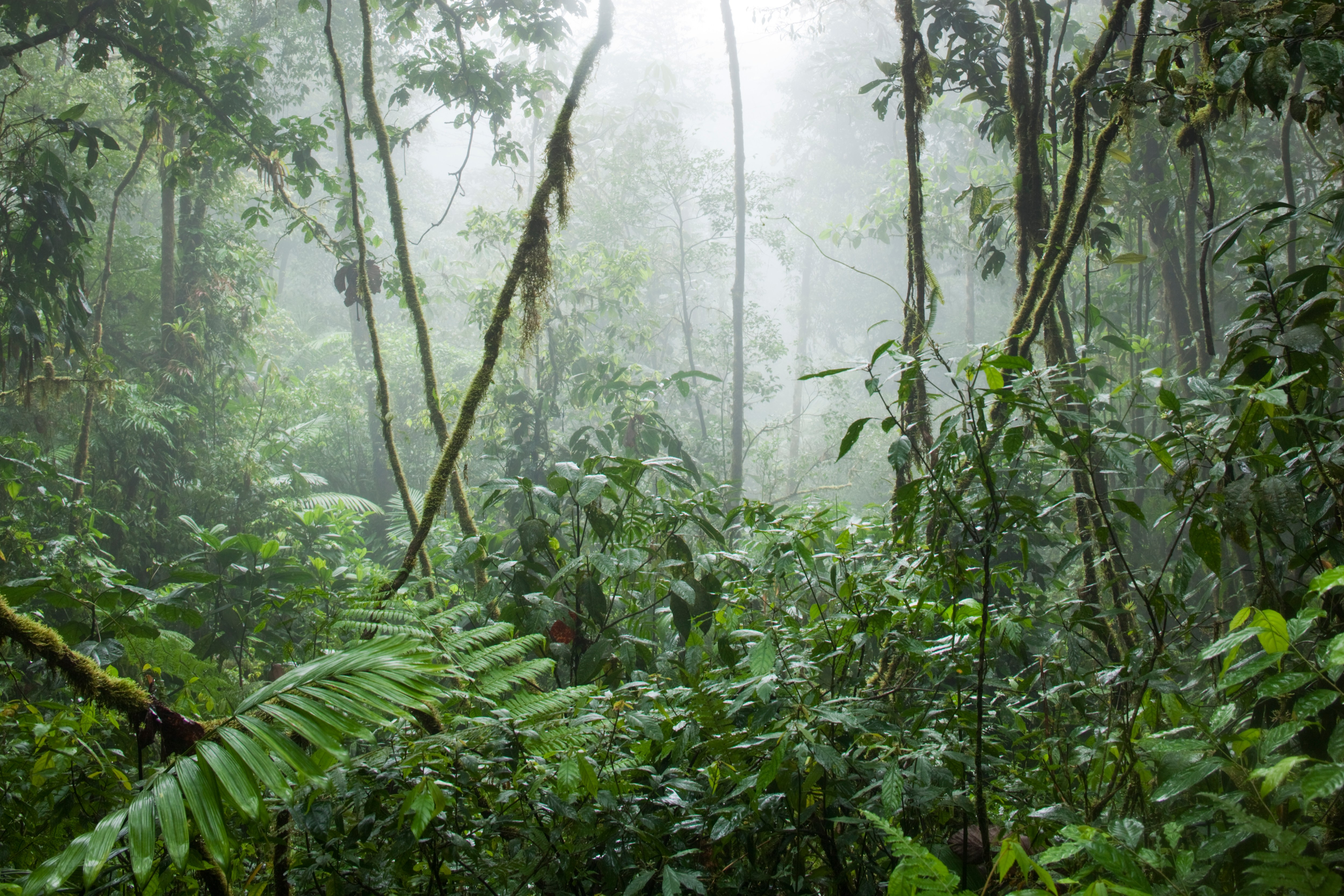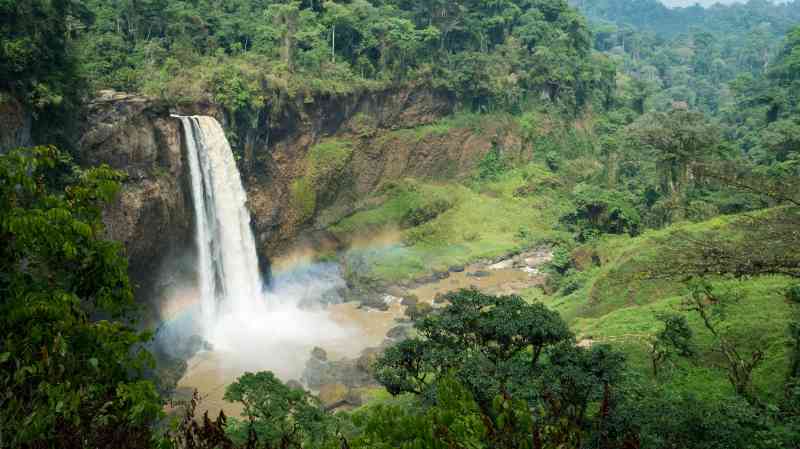One of the most biodiverse countries in Africa will have the DNA of its plants, animals and microbes sequenced by a British tech firm — and the profits shared locally — in a deal described as a step towards financial “justice”.
Basecamp Research heralded the agreement with the government of Cameroon as a breakthrough deal to redistribute the wealth generated from the explosion in AI-driven drug discovery systems back to the “communities protecting nature”.
Glen Gowers, co-founder of Basecamp, said: “It feels like justice. There is a fairness that is on the horizon between those making lots of money and lots of great products — and we shouldn’t ever disincentivise that — and making sure those who are providing [the raw data] are seeing and sharing in some of the upside. Justice is the emotive word that feels relevant here.”
He added: “It is the first agreement, as far as we are aware, of its kind to commercialise digital sequencing information in central Africa. This is setting a benchmark for how companies will have to operate.”
Gowers said Basecamp, which is based in London and employs 34 people, had worked in 23 countries so far, including a project in Costa Rica where it has begun paying royalties on the revenues generated from the data extracted.
It is attempting to build the world’s largest database of natural DNA sequences to be used by scientists to develop new commercial products and therapeutics. Cameroon is the most significant long-term, revenue-sharing agreement so far.
Companies such as Basecamp need access to large volumes of biological data to train their AI learning models to better understand how nature works in different environments. “Biodiversity is the ultimate source of this incredible data,” said Gowers.

Previously, this information had been gathered into public databases for academic use, added Gowers, but in the last 20 years more has been collected in privately-owned databases to be analysed for potential new products and the results sold on for profit.
“With AI and its advancements in biotech, the demand for that data is increasing far beyond what those public datasets can accomplish. And we are also starting to see the errors in those datasets start to have a negative impact. Their biases, their size and their incompatibility with commercialisation.”
The United Nations has tried to address the imbalance between those extracting biological information for commercial gain and the sources of the information since 1992. It has agreed a protocol for payments to be made when physical fauna and flora are extracted from countries, but it has not yet done so for DNA sequencing data. Officials are gathered in Montreal, Canada, this week, where the issue is expected to be explored. A summit is planned to take place in Colombia in October.
• DNA database holds clues to disease
“It feels inevitable that the status quo of having digitally available sequences freely used for commercialisation without any economic upside for those that create the resources will no longer be the case,” said Gowers.
Gowers said that unlike other protein data analysis firms it would never extract DNA sequences without having commercialisation agreements in place. It wants its data to be fully traceable and anticipates where it sees best practice heading. Since launching in 2019, it has raised $30 million from venture capital investors to help to pursue its goal.
Gowers said: “We are not a large company that may not have done things particularly correctly in the past and have to correct previous efforts. That is a much harder thing to do. We are doing it from scratch, from the beginning and it is relatively lower effort to do things right from day one.”
• NHS could use genome sequencing for affordable cancer checks
Basecamp’s projects so far have included designing enzymes to biodegrade plastic, creating environmentally friendly clothes-dyeing processes, and helping drugs companies to develop therapeutics. Gowers highlighted tackling “rare diseases” as one of the most promising areas.
“Genetic medicines are becoming extremely important and a lot of the tools come from the warfare between bacteria and viruses and other micro-organisms,” he said.
“It is not so much finding one drug or protein in these different places, it is can we map out this warfare landscape between all the viruses, all the bacteria in these environments and from that can we learn how evolution would have designed the genetic medicines and therefore can we repurpose that into a therapeutic? That is something we are doing as a company today.”
